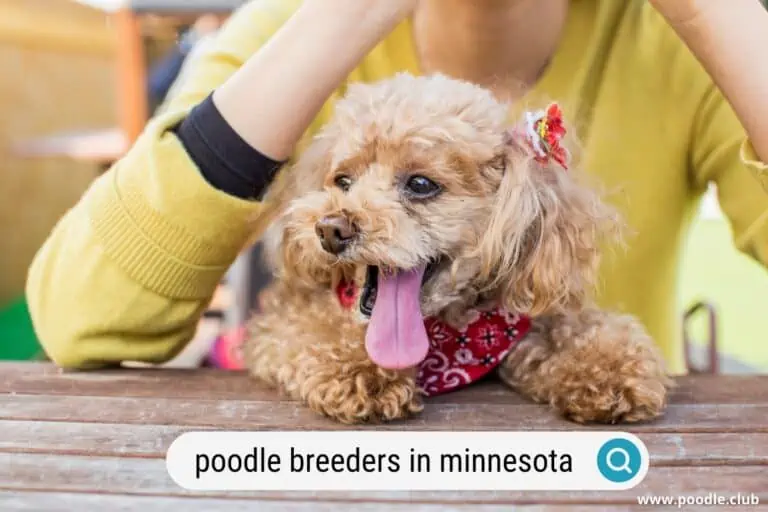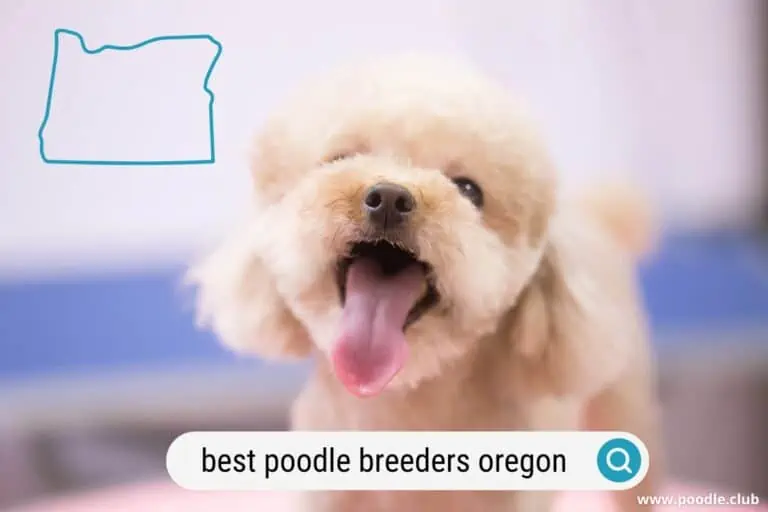When Do Toy Poodles Stop Growing [Key Milestones]
The charm of Toy Poodles lies in their petite size, playful nature, and endearing looks. As owners of these tiny furballs, you might find yourself curious about when your Toy Poodle will cease growing and reach its full size. Understanding their growth pattern can be an integral part of pet ownership, enabling you to plan better for their future needs and provide optimal care.
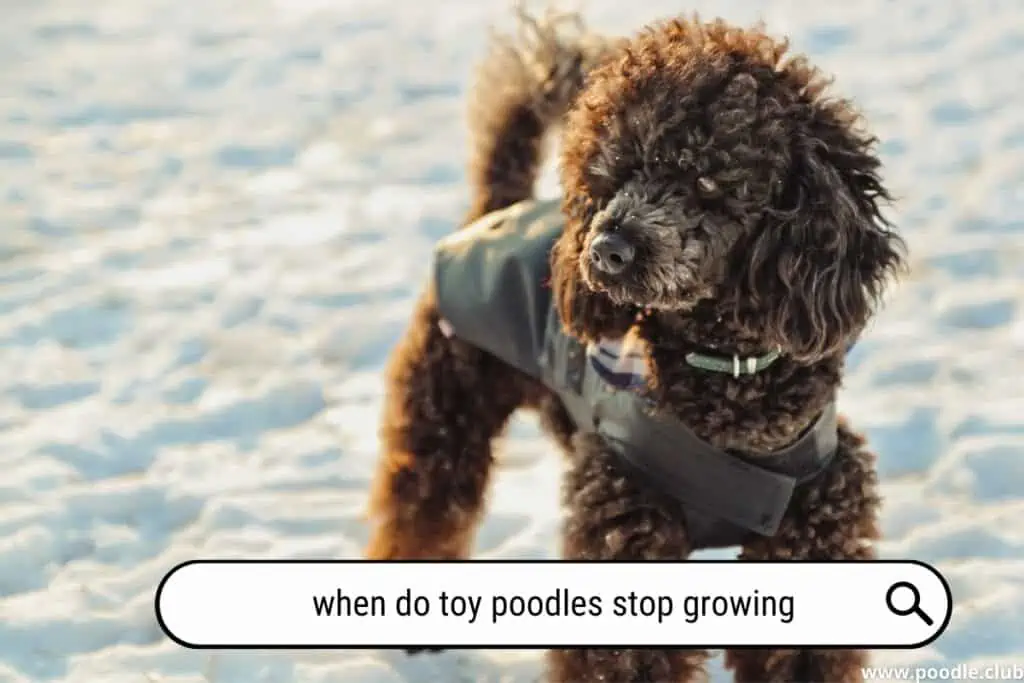
Generally, Toy Poodles complete their growth cycle by the time they are 6 to 8 months old. However, each dog is unique, and their growth can be influenced by several factors such as genetics, nutrition, and overall health status.
Consequently, some Toy Poodles may deviate slightly from this typical growth timeline. Hence, it’s crucial to recognize that individual variations exist, and there’s no definitive “end point” applicable to all when it comes to their growth journey.
An interesting study of growth patterns in toy poodles provided insights into their development and revealed factors that may affect their growth, such as diet and health conditions. This information is valuable to pet owners and veterinarians alike, to ensure that toy poodles are well cared for and have the best chance to thrive in their forever homes.
When Toy Poodles Stop Growing
Toy poodles are a popular breed of dog known for their small size, intelligence, and hypoallergenic coat. So, when do these adorable furry companions stop growing? Let’s find out.
Age and Growth Milestones
Toy poodles reach their full growth potential between 6 and 9 months of age. However, just like humans, each puppy is unique and may experience growth spurts at different ages. The growth process can be influenced by various factors such as genetics, diet, and exercise.
Their appearance and maturity, both mental and physical, continue to develop as they reach full adulthood around 1-2 years old. So, while your little furball might have stopped growing in height, don’t be surprised if they get a bit wiser and fluffier as time goes on.
PuppySpot is a reputable dog marketplace where you can browse and find compatible puppies right from the comfort of your home. They have placed over 200,000 puppies into homes in the US!
Size and Growth Chart
In order to keep track of your toy poodle’s growth and ensure they maintain a healthy weight, here’s a simple size and growth chart:
| Age | Height | Weight |
|---|---|---|
| 2 months | 5-6 inches | 2-4 pounds |
| 4 months | 7-9 inches | 4-6 pounds |
| 6 months | 9-11 inches | 6-9 pounds |
| Full Grown | 10-11 inches | 6-9 pounds |
Keep in mind that these numbers are just a general guideline and can vary depending on factors such as genetics and overall health.
During the growth phase, make sure you provide your toy poodle with proper nutrition and exercise to ensure they reach their full potential. After all, a growing toy poodle is like a blossoming flower, and you wouldn’t want to stunt its growth by depriving it of essential nutrients.
Remember, your toy poodle’s life expectancy averages around 12-15 years, so ensuring their growth milestones are met will contribute to a happy, healthy life for your pup. Embrace the tiny size of your toy poodle – they might be small, but their hearts are enormous!
So, whether your toy poodle is just a young pup or about to reach their growth milestone, the journey of watching them grow and mature will be filled with joy, occasional mischief, and lots of love.
Factors Affecting Toy Poodle Growth
Genetics
Toy Poodles, like all dogs, have their growth largely determined by their genetics. While the genetic background of a particular puppy may not guarantee a specific size, knowing your pup’s lineage may give you a general idea of how big they might get. Do keep in mind though, that despite miniature poodles and standard poodles having distinct sizes, they all share similar intelligence and temperament traits!
Nutrition and Diet
Proper nutrition and diet are key factors in determining when (and if) a Toy Poodle will reach its full growth potential. Feeding your puppy with the right balance of proteins, fats, and other essential nutrients will support their bone strength, muscle development, and overall health. Remember, for a petite yet athletic breed like the Toy Poodle, it is crucial to avoid unnecessary weight gain. So consult with your vet and make sure “Fido” gets the high-quality puppy food they deserve!
Exercise and Physical Activity
Regular exercise and physical activity not only help to keep your Toy Poodle’s energy levels high, but can also impact their overall growth. Poodles are known for their intelligence and ability to thrive in small spaces, so ensuring they get plenty of mental and physical stimulation is essential. Bring out your inner “doggy dan” and engage your poodle in fun activities like agility training, fetch, and waterfowl retrieval—or just a good old-fashioned round of tug-of-war!
Spaying and Neutering
Believe it or not, spaying and neutering can also influence a Toy Poodle’s growth. Some studies have shown that dogs tend to grow slightly larger when they are spayed or neutered at a young age. Of course, there are other factors to consider like your pet’s overall health and well-being. So make sure to consult with your reliable vet to find the best time to spay or neuter your Toy Poodle, keeping their bouncy, curly, and lion-cut coat self in tip-top shape.
To recap, genetics, nutrition, exercise, and spaying/neutering all play a role in determining when a Toy Poodle will reach its full growth. Remember, every dog is unique; so just enjoy the journey—neath a curly, bouncing, and adorably petite canine companion by your side!
Toy Poodle Care and Maintenance
When it comes to taking care of your toy poodle, the main aspects to focus on are grooming, health concerns, socialization, and training. These little bundles of fluffiness need some special attention to keep them in tip-top shape.
Grooming
Toy poodles have a curly, hypoallergenic coat that doesn’t shed much, which might make you think you’re off the hook for grooming. However, their coat needs regular attention to prevent matting and tangles. It’s recommended to brush your poodle’s coat at least every other day. As for haircuts, a professional groomer is your best friend when it comes to keeping that glorious fur in check. You might opt for the traditional lion cut or a more modern puppy cut.
When it comes to bath time, keep it to a minimum. Too many baths can strip the natural oils from your poodle’s coat, causing it to become dry and more prone to matting. It’s generally recommended to bathe your toy poodle once every 3-6 weeks.
Health Concerns
Toy poodles tend to be a healthy breed, but that doesn’t mean they’re immune to health problems. Some common concerns for this breed include hip dysplasia, dental issues, and eye problems. Regular check-ups with your vet are essential to ensure your toy poodle’s health stays in pristine condition.
Don’t forget about diet and exercise! A well-balanced diet is crucial for maintaining your toy poodle’s overall health. Fill their bowl with high-quality dog food that meets the American Kennel Club’s breed standards. And while toy poodles might be small, they still need daily exercise to stay fit and burn off that poodle energy. Regular walks and playtime will ensure they stay happy and healthy.
Socialization and Training
Toy poodles are intelligent and have strong personalities, so training and socialization are vital. Starting from puppyhood, expose your poodle to different environments, people, and other animals. This helps prevent them from developing any unwarranted anxieties or fears as they grow older.
As they’re naturally smart, toy poodles tend to excel at training. Positive reinforcement, treats, and praise are the way to their heart when it comes to learning new tricks. Keep sessions short and fun to keep your poodle engaged.
With proper care, attention, and love, your toy poodle will thrive as your furry companion. Just don’t forget to add a dash of humor and fun to your time together!
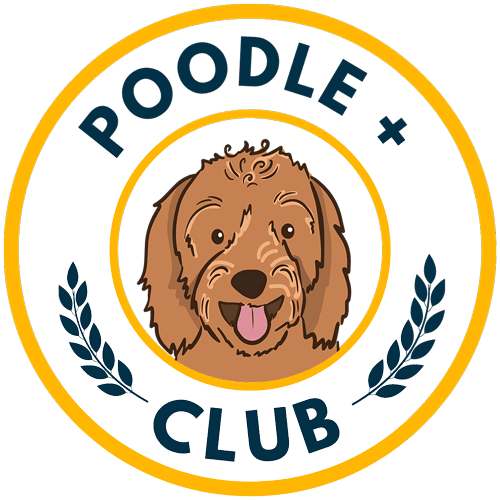
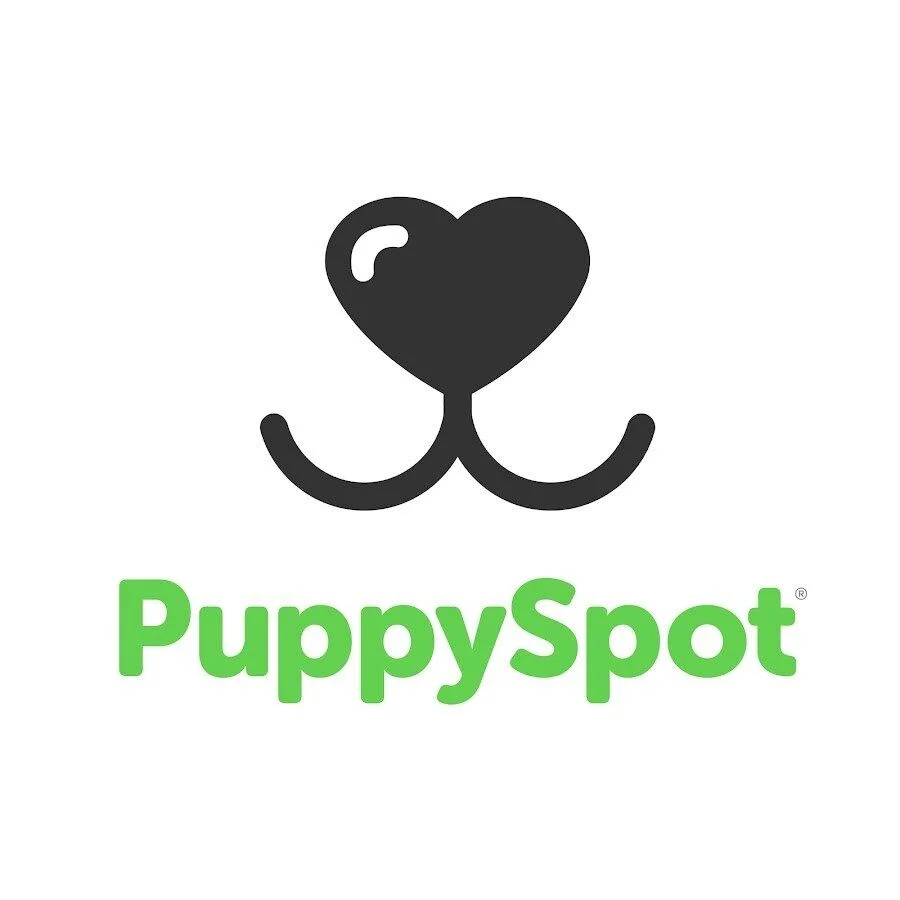
![Are Miniature Poodles Aggressive? [Myths]](https://poodle.club/wp-content/uploads/2023/05/are-miniature-poodles-aggressive-768x512.webp)


